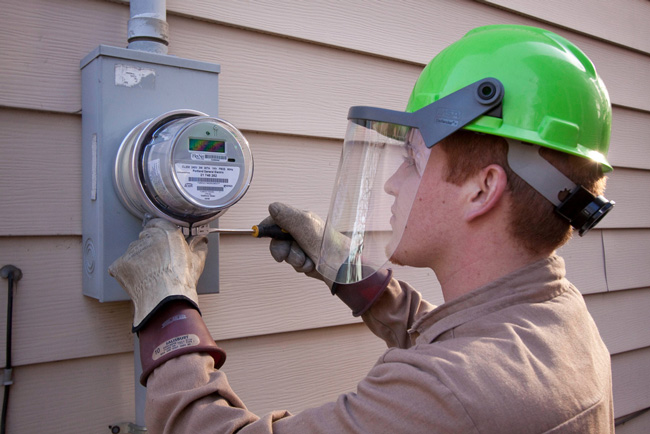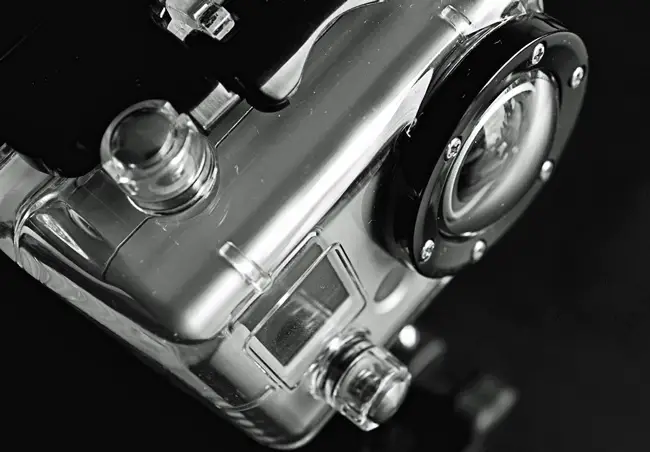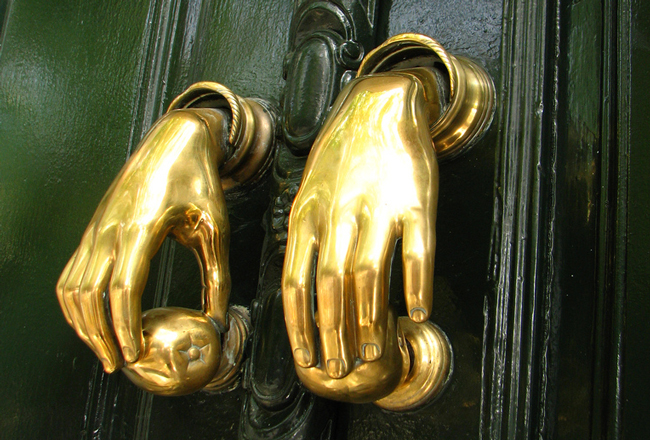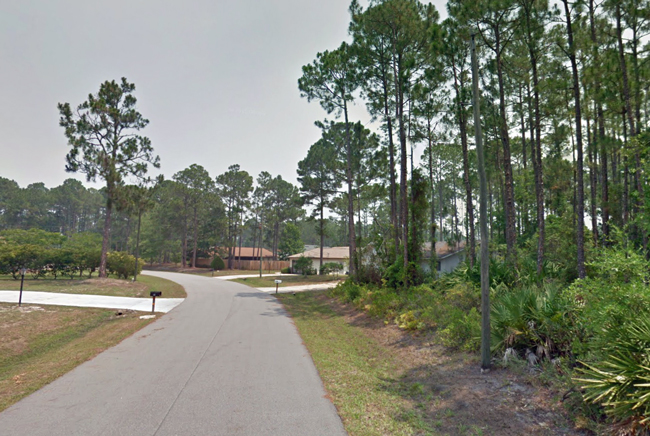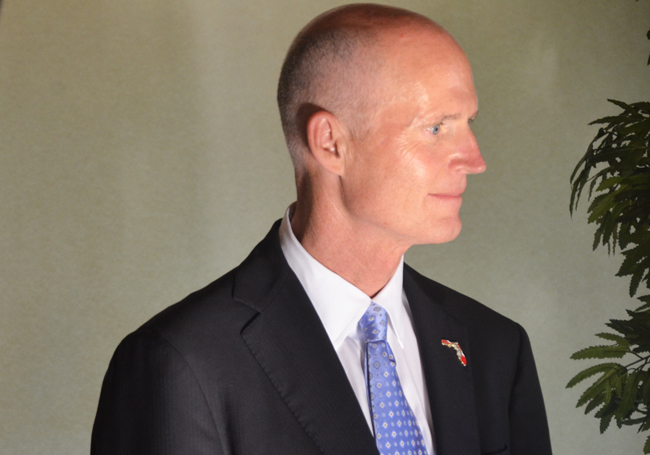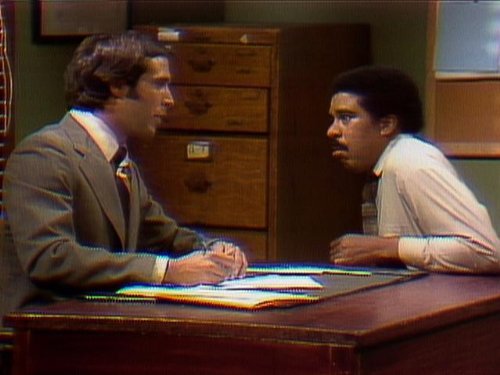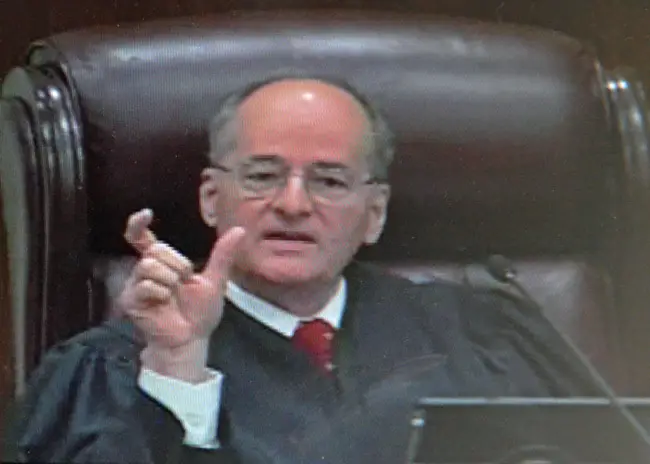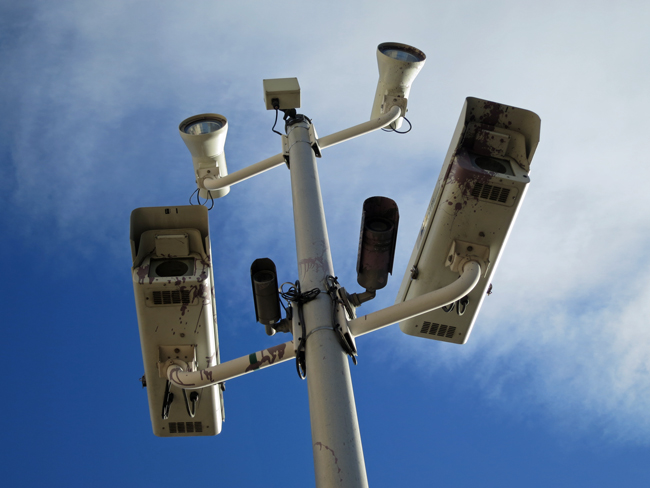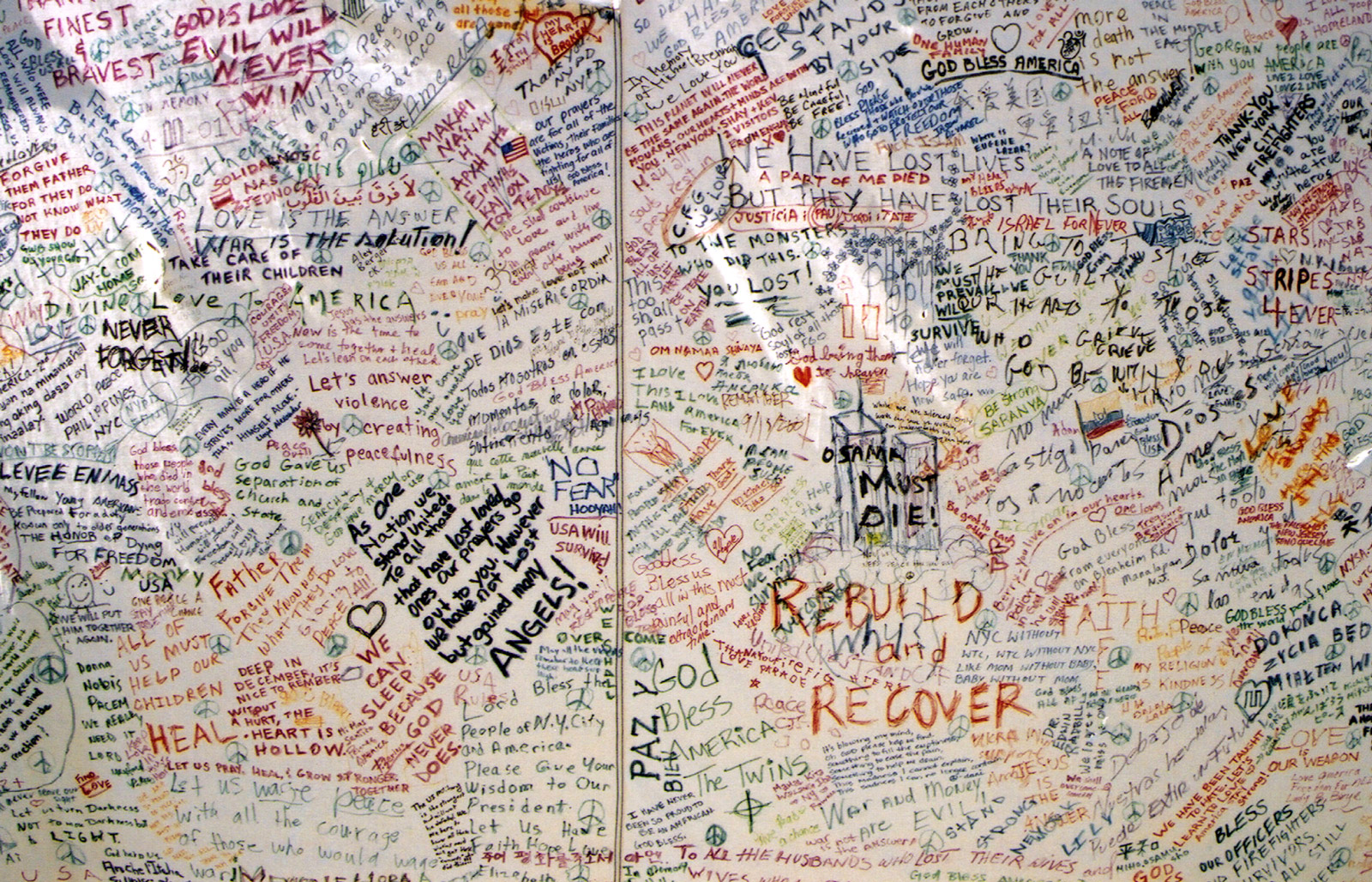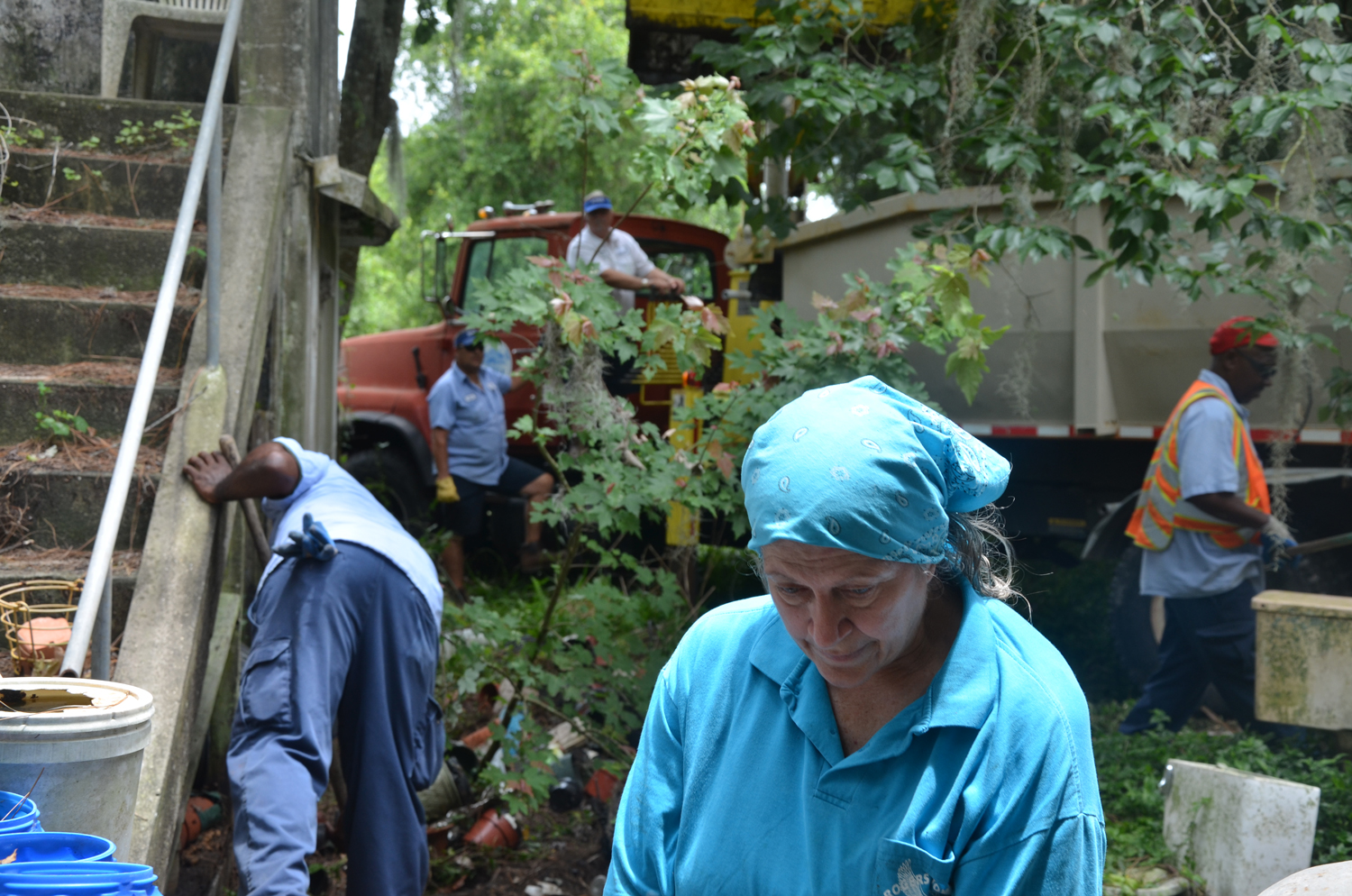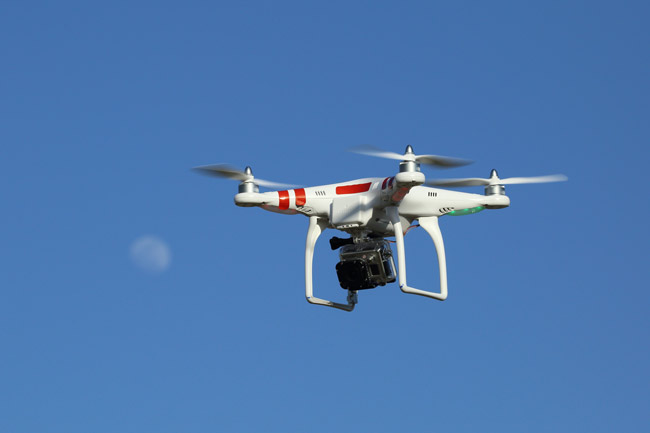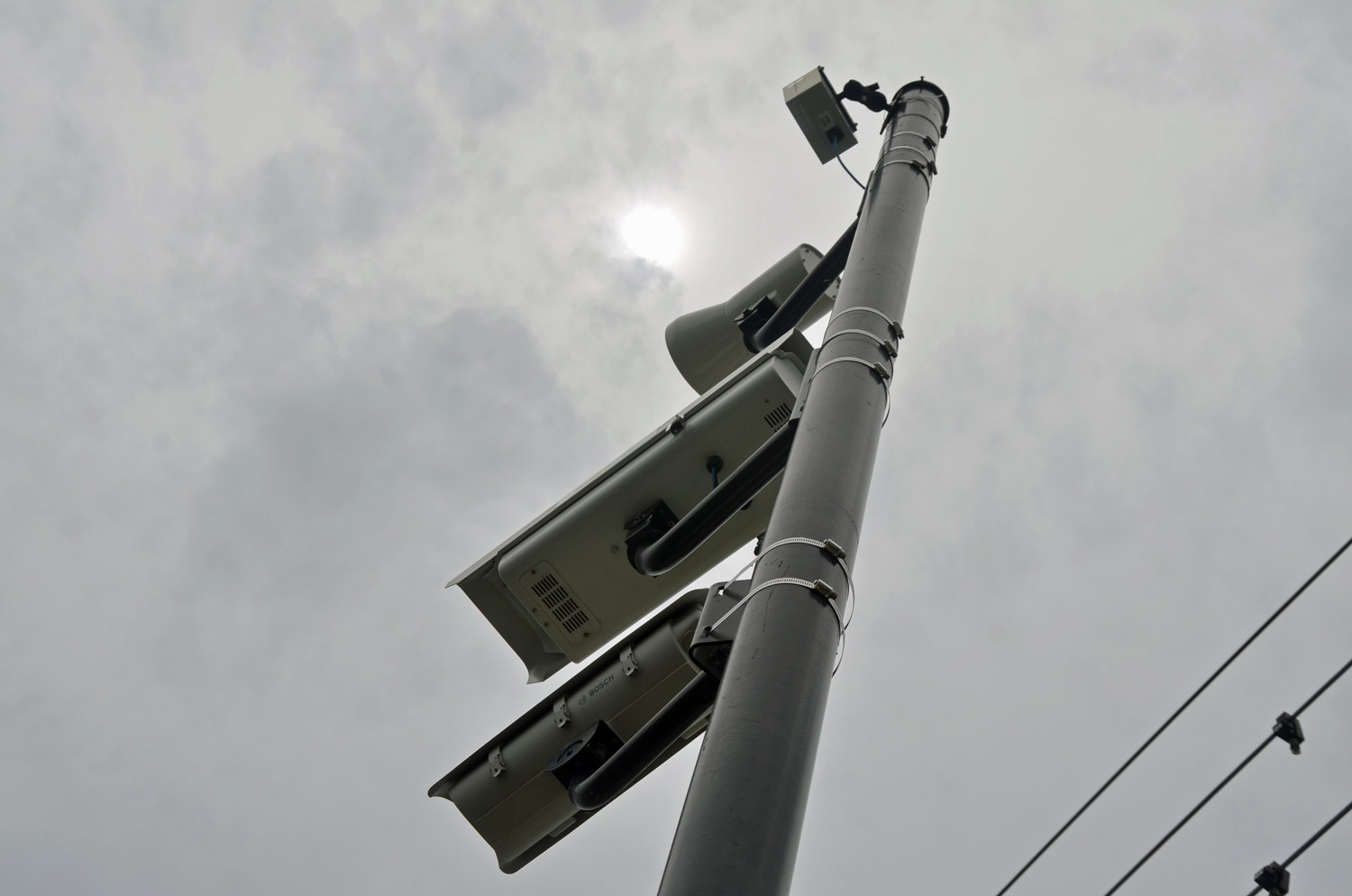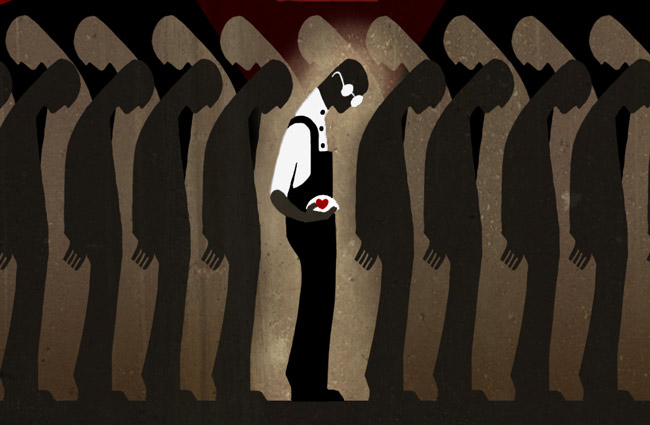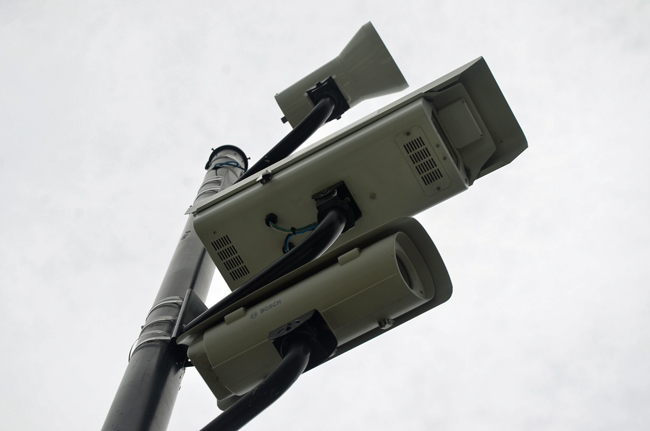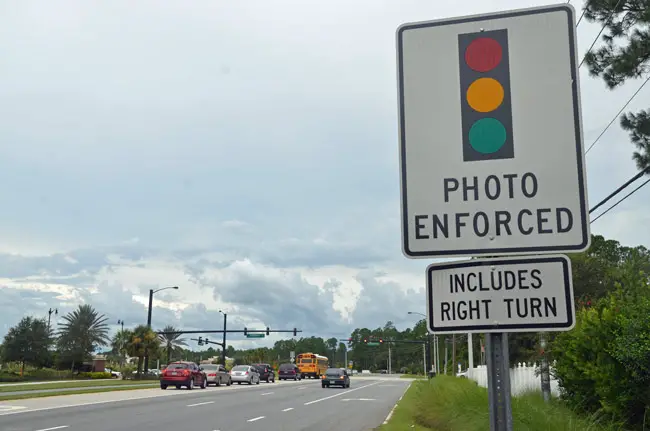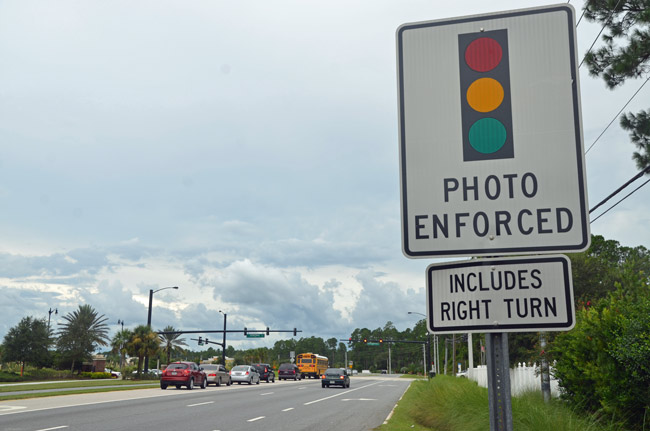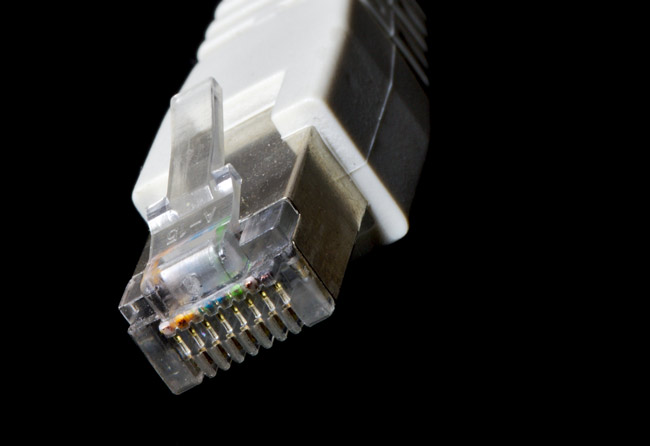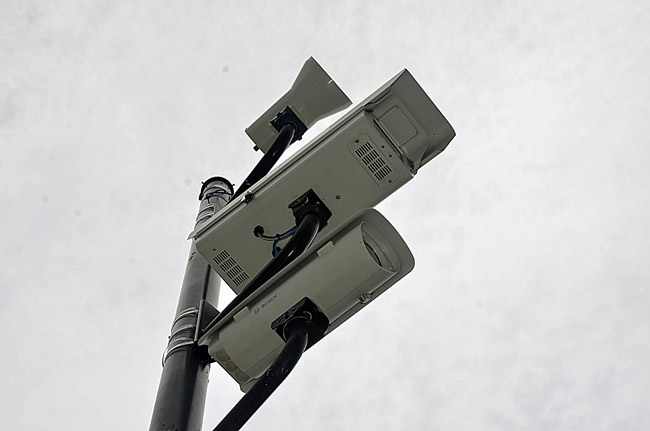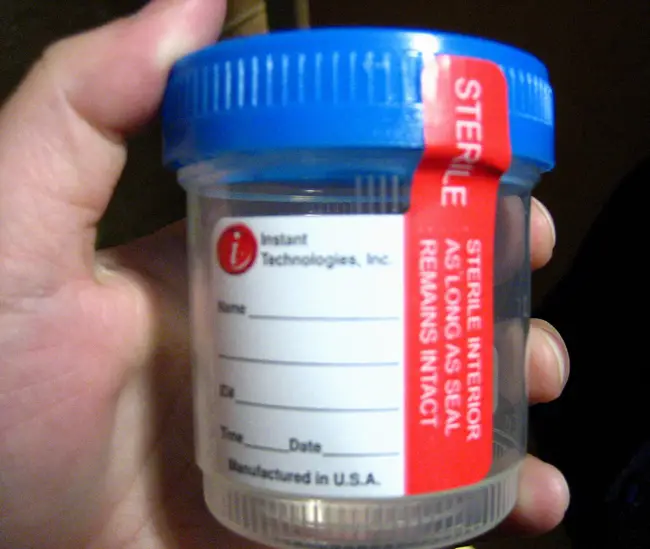Justices, in a 5-2 decision, sided with a man who was arrested in 2007 in Broward County after a search of his vehicle uncovered a kilogram brick of cocaine hidden in a spare-tire well. Police tracked the man, Shawn Alvin Tracey, through location information given off when cell-phone calls are made.
Privacy
FPL’s $13-a-Month Surcharge on Customers Who Refuse Smart Meters Draws Challenges
The dispute involves only a fraction of FPL’s customers, but it is part of a broader controversy in which critics say they worry the new meter technology could pose threats to their privacy or health.
Nursing Home Surveillance: Should You Be Able to Spy On Your Grandma’s Caretakers?
Illinois may be about to join at least four other states that have laws or regulations allowing residents to maintain cameras in nursing home patients’ rooms. Florida is not among them.
Domestic Spying: How Marketers’ Tracking of Your Web History Is Getting Creepier–Offline
Online marketers are increasingly seeking to track users offline, as well, by collecting data about people’s offline habits—such as recent purchases, where you live, how many kids you have, and what kind of car you drive.
0-For-5: In latest Blow to Scott, U.S. Supreme Court Rejects Appeal on Drug-Testing State Workers
The U.S. Supreme Court’s decision not to take up the case means that the 11th U.S. Circuit Court of Appeals ruling stands: Drug tests can’t be justified constitutionally for many of the 85,000 workers who would have been subject to Scott’s policy. The two sides continue to carry out a painstaking process of looking at different categories of workers to determine whether some could be subject to drug testing — a process stemming from the appeals court ruling.
Abortion Restrictions May Tighten in Florida as “Viability” Bill Diminishing Women’s Rights Moves Forward
Under current law, third-trimester abortions are allowed if they are necessary to save a pregnant woman’s life or preserve her health, The proposals would make that standard more restrictive, and would exclude a woman’s psychological health as a reason to perform an abortion.
Flagler Beach Police Launch Initiatives to Protect Residents and Property, But Public Records Expose Vulnerability
Though the initiatives are very well-meaning, participating residents who want their house watched while they’re away or who live alone and need a daily check-in must fill out detailed applications that reveal a lot of personal information and details about their property. The documents are public records, and may potentially create vulnerabilities for the very residents police are aiming to protect.
In an Unusually Brutal Arrest, a Palm Coast Woman Is Charged With Child Abuse Over Minor Pot Possession
Sophia Zhudro, 30, was parked on a quiet, residential street in Palm Coast’s B-Section when she was detained, then arrested and charged with child abuse because deputies found a small amount of marijuana in her car (near in in the child seat). Zhudro’s traumatized child was forced out of her arms by four deputies and turned over to DCF.
Gov. Scott Now 0-For-4 on Drug-Testing as Federal Judge Harshly Criticizes Violation of Welfare Recipients’ Rights
In a harshly worded, 30-page opinion, the judge concluded that “there is no set of circumstances under which the warrantless, suspicionless drug testing at issue in this case could be constitutionally applied.”
Employers Would Be Barred From Using Applicants’ Credit Reports or Firing Pregnant Women
The Florida Senate Commerce and Tourism Committee gave support to both proposals on Monday, even though a number of senators expressed concern about limiting an employer’s ability to use a credit history when judging a potential new hire for a non-financial or non-managerial role.
Justices Skeptical of Red-Light Cameras as Supreme Court Hears Case Affecting Palm Coast
With one insistent exception, Florida Supreme Court justices on Thursday strongly questioned the legality of city ordinances that permitted red-light traffic cameras that spread around Florida before 2010, when the state standardized those systems. Cities like Palm Coast may have to refund fines should the court rule against the local ordinances.
Should Cops Have Power to Track You in Real Time Through Cell Phones? Court Will Decide.
Grappling with privacy rights amid fast-changing technology, the Florida Supreme Court on Monday heard arguments in a challenge to police using “real-time” cell-phone information to track a suspect in a drug case.
From Prohibition to Gag Order: Flagler Commissioners Told to Shut Up on Tobacco Policy
Flagler county’s defensiveness regarding the new smoking policy underscores the shaky legal ground the local government stands on, and the likelihood of a legal and possibly costly challenge ahead.
Police Chiefs and Civil Liberties Lawyers Tangle Over Florida’s Drug-Monitoring Database
Florida Department of Health officials say they want to tighten security on the state’s prescription-drug monitoring program, after the names and detailed prescription-drug histories of more than 3,000 people were released to defense attorneys after a drug sting in May.
In a First, Flagler County Will Prohibit Legal Tobacco Use On and Off the Job For New Hires
It is the first time a local government has made new employment conditional on the prohibition of use of a legal substance, though numerous governments and private employers are increasingly taking the same approach, and Palm Cast and the school board may soon hop on board.
Data-Mining Goes Carnivore on Florida’s Public Records to Help Lobbyists and Candidates
“Contributionlink,” the brainchild of lobbyist Brecht Heuchan, gives lobbyists and candidates an edge by mining a myriad of public databases, creating profiles of current and potential donors and showing clients how their money stacks up against the competition.
Supreme Court to Hear Red-Light Camera Challenge in Case That Will Affect Palm Coast
The $1.7 million Palm Cast reaped in red-light camera fines between 2008 and 2010 may be at stake if the Florida Supreme Court rules such systems illegal after it hears the much-anticipated case on Oct. 8, with ramifications for numerous cities and counties across the state.
Not So Fast Missy: How a Protester Exposed an Undercover Cop
When the author first met her four years ago, she couldn’t have known that the small-framed woman with spiky brown hair and intense eyes was anything but a fellow activist showing up for a protest in Washington, D.C. She turned out to be an undercover cop ordered to secretly spy on peaceful protesters, violate their freedom of speech and assembly, and disregard their right to privacy.
Palm Coast Sours on Traffic Cameras, Calling Fines “Outrageous,” “Overkill” and “Unfriendly”
In a surprising and radical shift, Palm Coast City Manager Jim Landon used harsh words to describe the city’s red-light camera program, saying that while the system makes intersections safer, its harsh punishments are out of proportion with the crime, and Palm Coast’s drivers–and the city’s image–are suffering as a result. But he is less clear on how to improve the system, which he does not want dismantled.
Morning-After Victory on Women’s Reproductive Rights, But Testosterone Policies Persist
Reproductive rights advocates are celebrating the Obama administration’s surrender on the morning-after pill, empowering all women to make their own decisions regarding their own bodies. It’s about damn time, argues Kathleen Joyce, but she warns: don’t let your guard down just yet.
Selective Memory Surveillance: Obama, the NSA and September 11
Those making the argument that the NSA’s domestic spying program would have stopped the 9/11 attacks had it been in place have ignored a key aspect of historical record, including the fact that USA intelligence already knew the identity of a hijacker long before the attack and could have found him.
Without Owner’s Consent, Code Enforcement Cleans Up a Property at Taxpayers’ Expense
It was a costly, day-long project involving personnel from four city departments, including police, on a house already facing a $50,000 lien, but officials defended forcibly cleaning up the property on Deen Road at taxpayers’ expense, saying it was a matter of maintaining property values. The case shows the extent–and limits–of code enforcement’s growing authority.
Memo to the NSA: You Have One of 725 Domestic Steve Robinsons Spooked
Our own Steve Robinson discovers not only that there are 724 other Steve Robinsons in the country, but that with the NSA tapping into every Tom, Dick and Harry’s computer histories, the pasts of shadier Robinsons, if not his own pot-luck history, could short-circuit his own.
NSA Black Holes: 5 Things We Still Don’t Know About Spy Agency’s Snooping
The FBI and the National Security Agency have been collecting Americans’ phone records en masse and the agencies have access to data from nine tech companies. But secrecy around the programs has meant even basic questions are still unanswered. Here’s what we still don’t know:
Federal Appeals Court Strikes Down Scott’s Drug-Testing of State Workers as Too Broad
The 11th Circuit Court of Appeals declared an executive order by Riock Scott to drug-test 85,000 state employees and all job applicants as mostly unconstitutional, but left room for a lower court decision to be rewritten to allow for certain employees in certain categories to be drug tested–essentially restoring Florida’s drug-testing standard to what it was before the governor’s executive order.
Surveillance Drones Give Germans Bad Memories
Railway operator Deutsche Bahn wants to police its rail yards with tiny drones to fight graffiti, triggering a debate in a country where clandestine surveillance is a strongly emotional issue. Florida banned police surveillance by drone this year, absent a warrant.
Red-Light Camera Fines May Go Up to $408 and Be Harder to Fight Under Newest Rules
A new law awaiting Gov. Scott’s signature returns hearings to the control of local governments that have red-light cameras, such as Palm Coast, and allows them to impose an additional fee of $250 on top of $158 tickets, when contested, among other changes.
Anti-Abortion Bills Pass Through Angry Debate As Florida Creeps Closer to Embryo Rights
After tense debate that included allegations of lying and large-scale eugenics, the House on Thursday passed a measure banning abortions meant to avoid having a baby of a particular gender or race and criminalized harm of the unborn in the act of harming or killing its mother.
Should Teachers Be Able to Spy on Students’ Study Habits?
An electronic-textbook company called CourseSmart lets teachers track whether and how their students are reading assigned textbooks, allowing them to tack on “engagement index” scores to the students’ performance. It’s the latest form of intrusion in private habits driven more by marketing and gimmickry than good intentions.
Facebook Effect: For Workers On or Off the Job, Individual Rights Are Dead
Employers’ presumptions on workers’ behavior on and off the job have more in common with the inquisition or police states than with the bill of rights. Transgressors are routinely humiliated, silenced, censured or fired over speech or behavior companies should have no right to police.
Bill Would Require Warrant for Now-Routine Cell Phone Searches and Electronic Tracking
Currently, police can search the possessions – including the contents of a personal electronic device – of someone who is arrested. The bill would require a warrant except under certain circumstances, including scenarios related to national security and missing children.
Proposed Law Would Curtail Palm Coast’s Ability to Convict Red-Light Camera Violators
The proposed law, by Sen. Joseph Abruzzo, would shift the burden of proof of a red-light violation to the government imposing the fine, it would eliminate citations for right-turns on red, and it would require a live, government representative at hearings to prove that a violation took place.
ACLU Sues Sheriff Manfre Over Jail Policy Restricting Incoming Mail to Postcards
Beginning in January 2011 under Sheriff Don Fleming, inmates at the Flagler County jail have been forbidden from receiving mail other than small postcards, or from writing letters longer than two pages. Judges have generally not endorsed the restrictions, which also apply to inmates awaiting trial, who are presumed innocent.
Bipartisan Bill to Repeal Red-Light Cameras Advances in Florida Legislature
A bi-partisan proposal would repeal the three-year-old Florida law allowing cities to install spy-and-snap cameras. The repeal, if enacted, would again crimp the revenue of local governments such as Palm Coast, which use the cameras’ ticker revenue to supplement their general fund.
Drones Among Us: Florida Police Want Video Surveillance Power Over Big Sports Events
Bill sponsor Sen. Joe Negron and police couldn’t agree on the use of drones as extra eyes in the sky at large-crowd events, such as a football game, with Negron saying monitoring crowds goes too far – and that he’d vote against his own bill (SB 92) if it were changed to allow that.
“Don’t Miss the Signs”: In Florida, Campaign and Means to Report Child Abuse Broaden
Last year, the Florida Legislature passed the nation’s most protective child abuse reporting law. The state’s abuse hotline will accept reports of abuse committed by people other than parents and primary caregivers, such as a coach, teacher or neighbor.
Red-Light Cameras on Palm Coast Parkway Used to Arrest Hit-and-Run Suspect
The arrest is the latest indication of the sheriff’s office stepped-up use of Palm Coast’s traffic cameras, which are increasing from 10 to more than 50, and blanketing all the city’s major and medium intersections.
Senate Committee Approves Drone Ban in Florida Skies, With Some Police Exceptions
The ban on unmanned drones used by police in Florida would include exceptions for use with a search warrant or in certain cases, as when a child in danger. The measure (SB 92) was approved unanimously Tuesday by the Senate Criminal Justice Committee.
Spying on Grandma: Health Companies Sell Surveillance as a Benefit and a Saving
Health care is joining a national trend toward greater surveillance of everyday life. Whether this costly technology will ultimately prove clinically or economically effective remains uncertain. So, too, is whether a benign health care purpose can help overcome the unsettling “Big Brother” overtones.
City Thuggery: Florida Supreme Court Should Ban Red-Light Spy-and-Snap Traffic Cameras
Florida’s new law legalizing red-light cameras ensures that state coffers are on the take. But it does not address the fundamental problems with spy-and-snap cameras. There are innumerable reasons to ban them. There’s only one reason to keep them, and it’s a slimy one: money.
Bill Filed to Ban Police from Using Drones To Gather Evidence Anywhere in Florida
Miami Police were the first civilian police agency in the nation to use unmanned drones, but police anywhere in Florida would be prohibited from using un-manned drones to gather evidence or other information, under a bill filed Thursday by Senate Republican Joe Negron.
Parental Notification: Court Reverses Florida Teen’s Abortion Disclosure Requirement
In a case that offers a glimpse of the complexity of Florida’s parental-notification of abortion law, a divided appeals court overruled a Polk County judge and said a 17-year-old girl could receive an abortion without her mother being told.
How Companies Mine Your Facebook Profile, Tweets and Posts, and Sell Your Habits
Some companies record — and then resell — your screen names, web site addresses, interests, hometown and professional history, and how many friends or followers you have, according to a report released this week. Some companies also collect and analyze information about users’ “tweets, posts, comments, likes, shares, and recommendations.”
How Companies Track Your Politics And Assemble Profiles Through the Internet
If you’re a registered voter and surf the web, one of the sites you visit has almost certainly placed a tiny piece of data on your computer flagging your political preferences. That piece of data, called a cookie, marks you as a Democrat or Republican, when you last voted, and what contributions you’ve made. It also can include factors like your estimated income, what you do for a living, and what you’ve bought at the local mall.
Amendment 6: Narrowing Down Florida’s Abortion and Privacy Rights
Sandwiched within a long list of issues on a crowded ballot, Amendment 6 is emerging as a multi-million dollar fight touching abortion, parental rights and privacy protections now guaranteed in the Florida Constitution.
The News-Journal’s Predatory Sensationalism On Sex Offenders Near Local Schools
A News-Journal article on 445 registered sex offenders living near Flagler and Volusia elementary schools was dangerously alarming and misleading, argues George Griffin, and perpetuates numerous myths about sex offenders, encouraging bad laws.
Anti-Terror “Fusion Centers” Like Central Florida’s Slammed as Ineffective and Intrusive
A two-year Senate investigation finds that Department of Homeland Security efforts to engage state and local intelligence “fusion centers”–six of which are set up in Florida, including one in central Florida–has not yielded significant useful information to support federal counterterrorism intelligence efforts.
Flagler Sheriff Tallies DUI Catch as Supreme Court Agrees to Hear Blood-Test Case
Flagler County deputies arrested 11 drunk drivers and many others on charges unrelated to DUI. On Tuesday, the U.S. Supreme Court agreed to decide whether forcing a DUI suspect to submit to a blood test is constitutional.
Using Straw Man, Palm Coast Ridicules County’s Opposition to Red-Light Cameras
Rather than address questions raised by County Commission Chairman Barbara Revels, the Palm Coast Council invented a claim that the county wanted to enable law-breaking, unsafe drivers, and dismissed Revels’s request to reconsider installing spy cameras on State Road 100.
DCF Defends Drug Testing of Welfare Recipients
The head of the state welfare agency is asking a court to throw out a challenge to the state law requiring drug testing of public assistance recipients, which could allow the program to restart.




